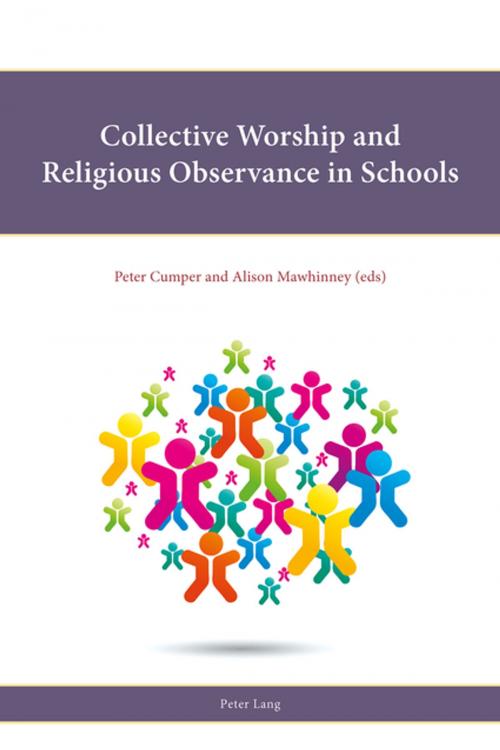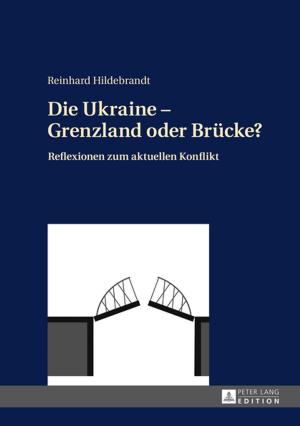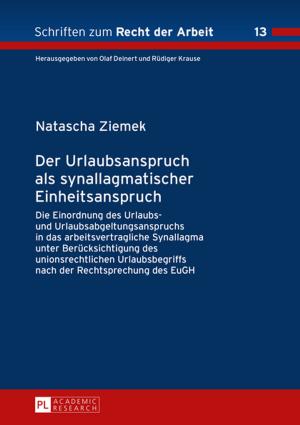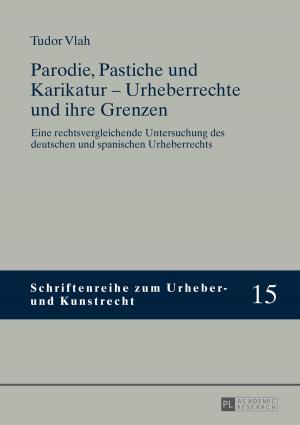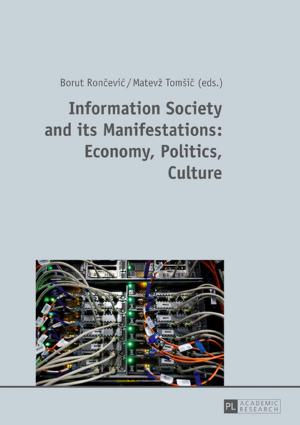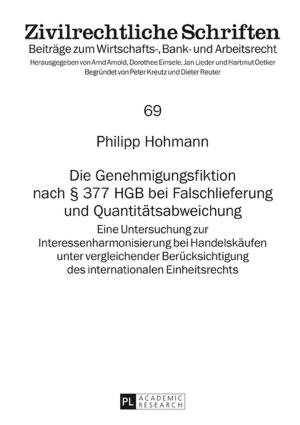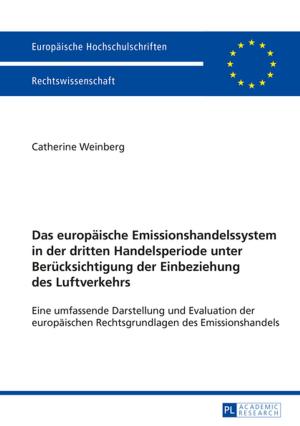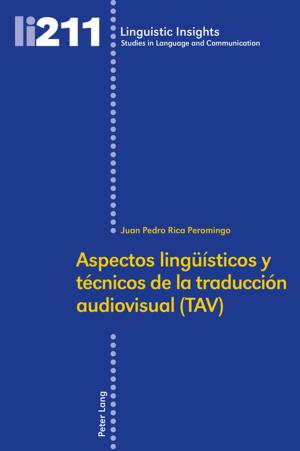Collective Worship and Religious Observance in Schools
Nonfiction, Reference & Language, Education & Teaching, Educational Theory, Philosophy & Social Aspects, Teaching, Teaching Methods| Author: | ISBN: | 9781787076570 | |
| Publisher: | Peter Lang | Publication: | January 30, 2018 |
| Imprint: | Peter Lang Ltd, International Academic Publishers | Language: | English |
| Author: | |
| ISBN: | 9781787076570 |
| Publisher: | Peter Lang |
| Publication: | January 30, 2018 |
| Imprint: | Peter Lang Ltd, International Academic Publishers |
| Language: | English |
This book examines the law and policy governing school acts of collective worship in England, Northern Ireland and Wales, and their equivalent in Scotland, which is known as religious observance. The fact that the majority of UK schools (including non-denominational ones) are required by law to organize acts of collective worship/religious observance for their pupils has provoked significant controversy in recent decades. Yet, perhaps surprisingly, there has (to date) been a relative paucity of published interdisciplinary scholarly material on such matters. In seeking to rectify this anomaly, the book takes a holistic approach whereby it examines the nature and consequences of the collective worship/religious observance duty from a variety of perspectives. These range from examining the law and policy governing collective worship/religious observance in each country within the UK, to exploring the legal and educational challenges and opportunities thrown up by the current obligations. In addition, scholars from beyond the UK offer insights into the possibilities and dilemmas that the current statutory duties pose for schools and wider society. The aim of this book is to shine a light on an important issue that has often been neglected and ignored by policymakers.
This book examines the law and policy governing school acts of collective worship in England, Northern Ireland and Wales, and their equivalent in Scotland, which is known as religious observance. The fact that the majority of UK schools (including non-denominational ones) are required by law to organize acts of collective worship/religious observance for their pupils has provoked significant controversy in recent decades. Yet, perhaps surprisingly, there has (to date) been a relative paucity of published interdisciplinary scholarly material on such matters. In seeking to rectify this anomaly, the book takes a holistic approach whereby it examines the nature and consequences of the collective worship/religious observance duty from a variety of perspectives. These range from examining the law and policy governing collective worship/religious observance in each country within the UK, to exploring the legal and educational challenges and opportunities thrown up by the current obligations. In addition, scholars from beyond the UK offer insights into the possibilities and dilemmas that the current statutory duties pose for schools and wider society. The aim of this book is to shine a light on an important issue that has often been neglected and ignored by policymakers.
